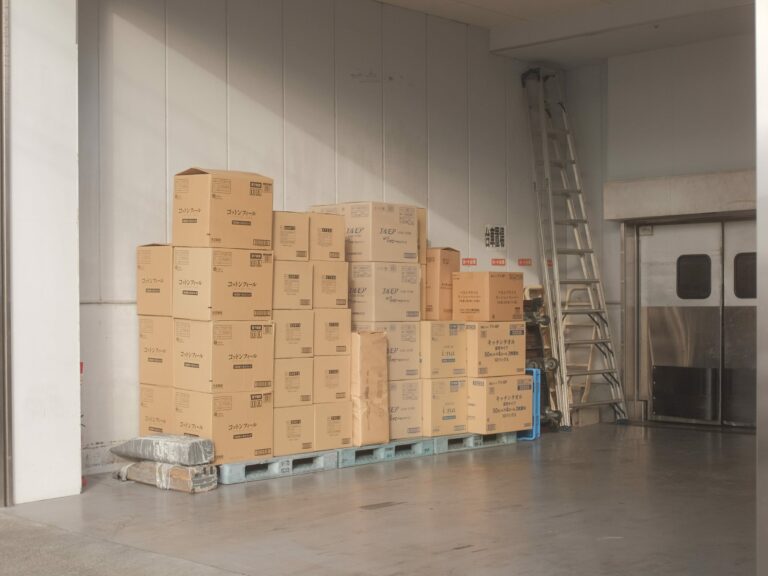People rent storage units for many reasons; for personal use, for business use, or even just to store a few extra things while they don’t have the space themselves. But what happens if you leave stuff in a storage unit once you have vacated the space? Or if you leave stuff in the unit because you can longer afford the rent? The procedure on how to vacate a storage unit appropriately will be outlined in the lease you have/will sign and agree to. However, keep reading to find out what happens to your stuff should you leave it behind.
I want to move out; what happens?
Renting a storage unit is very much similar to renting a liveable property such as a house or apartment. You will sign a lease for either a short term or long term rent depending on your preference and what the storage company offers. So if you were to cancel your agreement you will need to follow the procedures set out in the contract. The following sets are the typical standard for a storage lease.
Inform the property manager
The first step you need to take is to notify the property manager that you are planning to vacate. You should ideally give the manager five to six days notice of your intentions – but check your lease agreement for a more specific notice period. This allows them time to prepare all the required paperwork in time for your departure.
Move out your things
The next step is to start to move out your belongings. Make sure to take everything with you and leave nothing behind. If you do leave stuff the property manager may charge you a clean up fee. If there are things you no longer want, dispose of them or donate them. Some storage companies have donation boxes which always come in handy. Again, don’t leave unwanted things behind as you may be charged for it.
Clean the storage unit
This is the final step and could help you to notice any items you may have accidentally left behind. Like vacating a rented house or apartment, the storage unit is expected to be left in the same condition you found it in – cleaned and empty. If you do happen to notice any damages, notify the property manager so they can fix these before the next occupant.
If at any point during this time you change your mind and would like to keep the storage space, make sure you inform the owner before your notice period is up. You will then remain the renter and be expected to continue the payments.
I can’t afford the payments anymore
We all know that circumstances can change, sometimes suddenly and unexpectedly. A change which affects your finances can result in you no longer being able to afford the storage unit rent. If this does happen it is important to speak to the property manager and inform them of your situation. If you are able to afford the final payment then you simply follow the steps outlined above. If you cannot afford the upcoming payment then this is where the property manager may offer a solution such as a payment plan to split up the charges into more manageable amounts. If you have been a good tenant during your time with the unit the more likely the owner is to want to help. If a payment plan has been agreed by you and the landlord you may still need to vacate the unit. This depends on whether your charges cover in advance for the storage space or not.
Most storage companies have a grace period for any missed payments. This is usually around 30 days. After this time, if no payment has been made, and you don’t have a payment plan agreement with the landlord, the storage unit will be seized from your possession. This will include all the items still inside it. The locks will be changed and you will not be granted access until you make payment. Once you have made payment you will be allowed back into the storage unit but only to remove your stuff.
I have left left stuff in the storage unit
This situation usually occurs more with people who can no longer afford the payments. They miss a payment, cannot afford to pay it, so the unit is locked and their belongings are stuck inside. If this happens, this is referred to as going into “default”. During this time the property manager will attempt to contact you on numerous occasions across different platforms. This is because storage facilities are a business, and this business is the manager’s way of making money. If you are not paying the rent, the owner is out of pocket.
Once you go into default there is still time to make a payment and get your things. However, if no payment is made and you have not responded to the owners attempts at contacting you, after 30 to 90 days (check the lien laws of where you live to get an accurate number), your unit will go to auction. This will include all of the stuff left inside it.
Storage unit auctions
Putting the unit up for auction is a last resort for the facilities manager. They can end up still out of pocket with an auction so would prefer to simply gain the payment from yourself and give you access to your things. However, should the unit need to go to auction you will be notified through a certified letter. A comprehensive advertisement will also need to be published in the newspaper for two weeks before the auction date.
Once the auction is completed the landlord may pass your details onto the new owner in case of any important personal items in there such as documents for taxes purposes etc.
If the auction amount was less than what you owe, you will still be liable for the remainder of the payment and will be chased for this. If the auction is above what you owe, the landlord will only keep the amount of your rent, the rest of the money will be given to you.
Luckily we offer storage spaces in many unit sizes which can help you save those much needed pennies. You can also make a payment online easily with our portal. So if you are in need of a storage space and have more questions, contact us and we would be happy to help!

